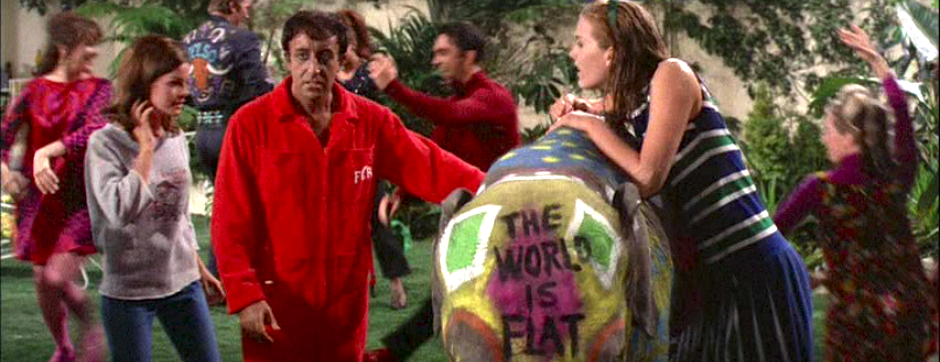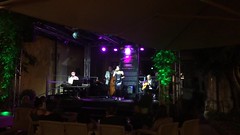A little method common in the academic area known as “assessment” is to ask students, at the end of a class the question:
What have you learned in the class?
This is the latest myth I’m covering, in the series of Myths of Teaching & Learning and technology.
One thing I usually say to my students on the very first day of class is: “You won’t learn much here, in the class. You will learn if you study, if you concentrate -after class- on reading and analyzing on multiple sources the topics and themes discussed in class. And then, you learn only if you solve tens of problems, if you build tens of computer programs, and so on.”
In a few word I advise them on one of the greatest fallacies of our current culture, namely, the “you learn in the classroom” story. Actually, you do learn something: you learn a lot about your metabolism (when you sort of fall asleep), about your own interests, a lot about your classmates, and a little about the class stuff. But little. Don’t delude yourselves, students. In the way our classes (face to face and online) are structured, that is not usually the case. Different is the story in school, particularly elementary school. Elementary school does construct class experiences around learning. Elementary school is the best example of good instructional design that produces classes where effectively pupils do learn. To my knowledge, elementary school does use learn-by-doing and little lecturing. Teachers make sure students manage a certain topic (i.e. they have internalized it) before moving on. Does it happen in higher ed? Nope, even in colleges where the ratio professors-to-students is high. Neither does it happen in high school, perhaps the worst scenario in education today. In current state-of-the-art education, you do not learn within your classrooms.
So, it doesn’t make much sense to ask what have they learned in class, does it. One may ask “what have you memorized”, or “what has captured your attention”, and so on. But learning involves a permanent change in cognitive processes and in behavior. In both. You end up thinking a bit differently, if you learned something. You will behave accordingly, because you can use the knowledge pieces that you -and not your teacher- have put together with painful effort. You can use that knowledge only if you can understand it deeply. For instance, learning that “cereals are useful at breakfast because it has been shown that they tend to lower heart attacks rates” may be learning, when that piece of knowledge helps you modify some of your assumptions and consequently, your behavior. But it’s not learning at all if it stays in your mind just as a piece of information. My rule of thumb is: If memorization of some piece of information brings to understanding that piece (and see how it connects to other pieces), which will then bring to know how to use that information, then, that information has been processed into knowledge and some learning has occurred. If there is no process of what Siemens calls “sense making”, I bet there’s no learning. After all, I can “learn” that shares of Google have gone down 5% today, but what will I do with that info? Will I know how to use that info to understand, say, how markets are doing and how is my country doing? That’s not learning. That is memorizing.
WHAT DID YOU LEARN IN SCHOOL TODAY
(Tom Paxton)
What did you learn in school today, dear little boy of mine?
I learned that Washington never told a lie
I learned that soldiers seldom die
I learned that everybody’s free
That’s what the teacher said to me
And that’s what I learned in school today
That’s what I learned in school
What did you learn in school today, dear little boy of mine?
I learned that policemen are my friends
I learned that justice never ends
I learned that murderers die for their crimes
Even if we make a mistake sometimes
And that’s what I learned in school today
That’s what I learned in school
What did you learn in school today, dear little boy of mine?
I learned that war is not so bad
I learned about the great ones we have had
We fought in Germany and in France
And someday I might get my chance
And that’s what I learned in school today
That’s what I learned in school
What did you learn in school today, dear little boy of mine?
I learned that our government must be strong
It’s always right and never wrong
Our leaders are the finest men
So we elect them again and again
And that’s what I learned in school today
That’s what I learned in school
Quote and idea for this post from:



